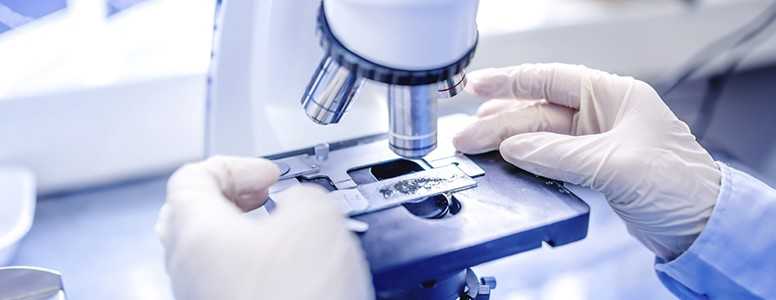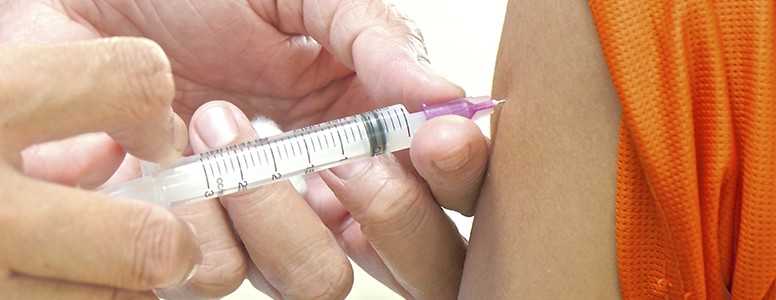A tuberculosis vaccine resulted in a strong improvement in HbA1c for people with type 1 diabetes in a small US study.
Known as the bacillus Calmette-Guerin (BCG), the vaccine has been found to lower HbA1c in adults with type 1 diabetes and keep levels stable years afterwards.
Previously, the vaccine has been associated with restored immune response in mice with type 1 diabetes, and positive findings such as this enabled Massachusetts General Hospital researchers to advance to human trials.
In this new eight-year trial, nine people with type 1 diabetes were given two shots of the BCG vaccine. The BCG jab is one of the oldest vaccines in the world and was originally developed to protect against tuberculosis.
All the participants had a statistically significant change in HbA1c levels, which fell from an average of 7.36% before the first dose to 6.18% after five years. This reduction remained low at 6.65% at the eight-year mark.
Among control participants who received placebo, no significant HbA1c improvements were observed at either the five- or eight-year marks.
Lead author Dr Denise Faustman of Massachusetts General Hospital said: “This cheap, old vaccine is lowering blood sugar to levels never achieved before.”
The authors think the vaccine’s impact on blood sugar levels was driven by a “novel systemic and blood sugar lowering mechanism in diabetes”.
Dr Faustman added: “It’s kind of big news. It’s the first trial showing (long-term reversal of diabetes), and more trials are on the way. But scientifically it’s pretty cool.”
The people who were administered the vaccine still remain on insulin but now use significantly less.
The study was a very small one but offers hope. More research will need to be carried out before experts can start prescribing the BCG jab as a type 1 diabetes treatment. A larger trial is currently being undertaken involving 150 people with type 1 diabetes and the BCG vaccine.
The findings are published in the npj Vaccines journal.




